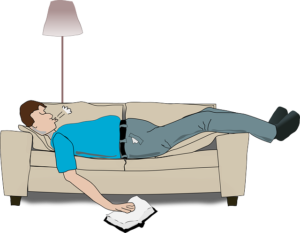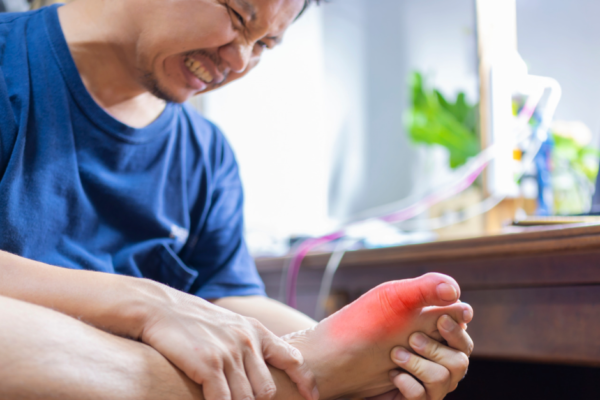Sleep apnea and snoring are two conditions that can have a major impact on the quality of your sleep. If left untreated, sleep apnea can cause a range of health complications, including an increased risk of stroke, heart attack, and other cardiovascular issues. Snoring, on the other hand, can be disruptive to your sleep, as well as that of your partner. Fortunately, there are a variety of treatments available to combat both sleep apnea and snoring. In this article, we’ll explore some of the ways you can combat sleep apnea and snoring.
1. Lose Weight
Excess weight can be a major factor in both sleep apnea and snoring. In sleep apnea, the excess fat around the neck can cause the airway to become blocked, while in snoring it can cause the soft palate to vibrate, resulting in snoring. Losing weight can help reduce the risk of both sleep apnea and snoring. It can also help improve your overall health and wellbeing.
2. Change Your Sleep Position
Sleeping on your back can increase your chances of snoring and sleep apnea. Sleeping on your side can help reduce both conditions. If you’re a habitual back sleeper, you can try using a body pillow to help keep you in position. You can also purchase specialty pillows designed to keep you on your side.
3. Quit Smoking
Smoking can exacerbate both sleep apnea and snoring. The smoke from cigarettes can irritate the airways, making them more likely to collapse during sleep, resulting in sleep apnea. Smoking can also cause the nasal passages to swell, making snoring more likely. Quitting smoking is one of the best ways to reduce your risk of both sleep apnea and snoring.
4. Avoid Alcohol and Sedatives
Alcohol and sedatives can relax the muscles in your throat, making it more likely that your airway will collapse during sleep. This can result in both sleep apnea and snoring. Avoiding alcohol and sedatives, especially in the few hours before bedtime, can help reduce the risk of both conditions.
5. Use a CPAP Machine
Continuous Positive Airway Pressure (CPAP) is a widely used treatment for sleep apnea. It works by providing a stream of pressurized air to the throat, preventing the airway from collapsing during sleep. CPAP machines can be quite effective at treating sleep apnea, and they can also help reduce snoring.
6. Use a Mandibular Advancement Device
Mandibular Advancement Devices (MADs) are another popular treatment for sleep apnea and snoring. MADs work by pushing the lower jaw forward, preventing the airway from collapsing. MADs can be effective at reducing both sleep apnea and snoring.
7. See a Doctor
If you’re still struggling with sleep apnea or snoring, it’s important to see a doctor. They’ll be able to assess your condition and recommend the best course of action. In some cases, the doctor may recommend surgery or other treatments to help reduce the risk of sleep apnea or snoring.
Sleep apnea and snoring can have a major impact on your sleep quality and overall health. Fortunately, there are a variety of treatments available to help combat both conditions. Making lifestyle changes, such as losing weight, avoiding alcohol and sedatives, and changing your sleep position, can help reduce your risk of both sleep apnea and snoring. If these measures don’t work, you may need to seek medical help. A doctor will be able to assess your condition and recommend the best course of action. With the right treatments, you can enjoy a better quality of sleep and improved health.









